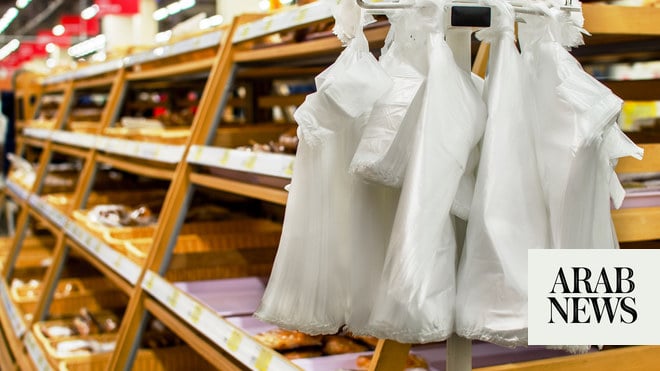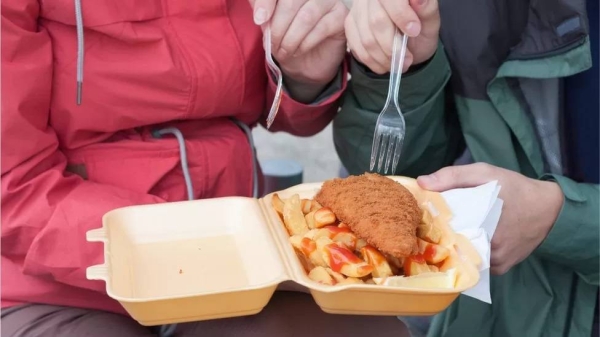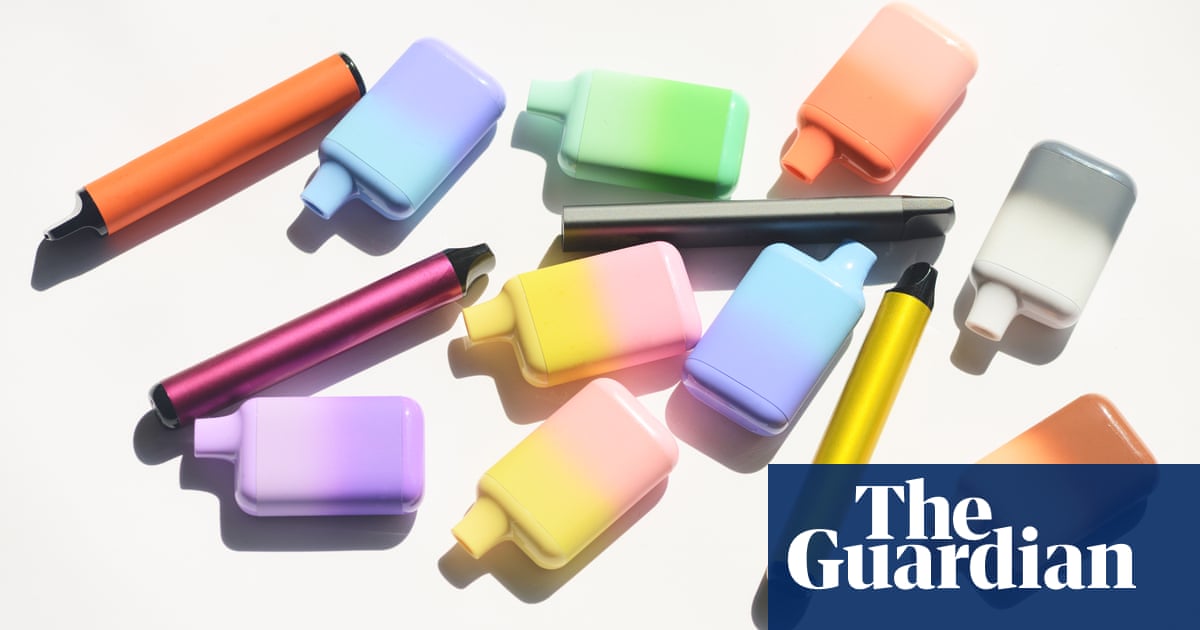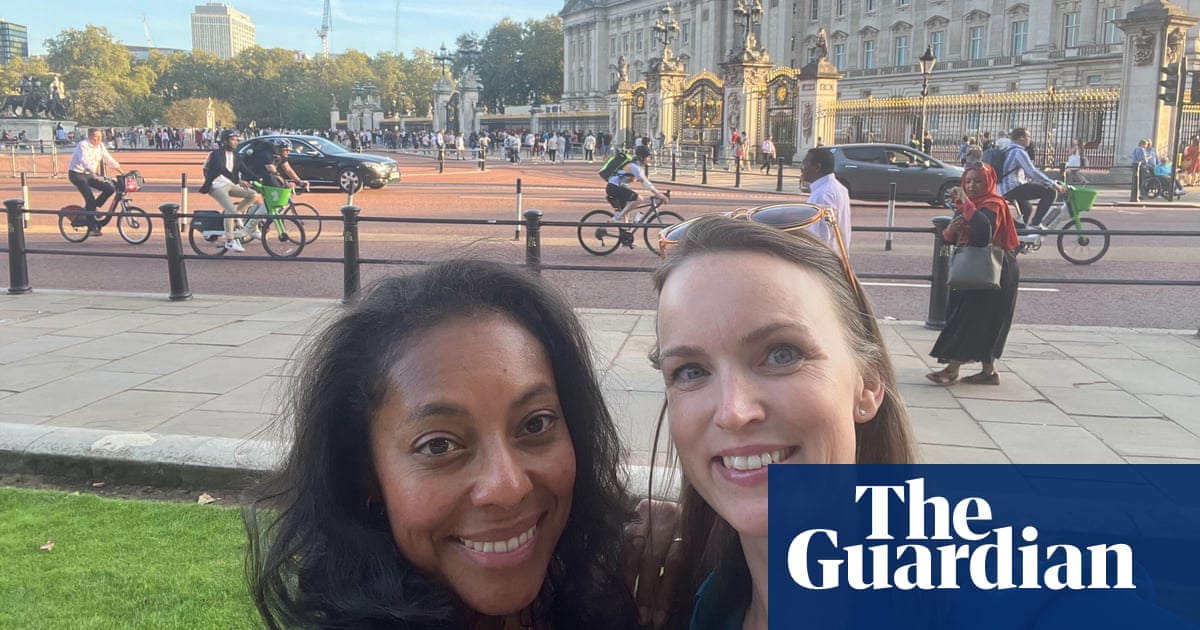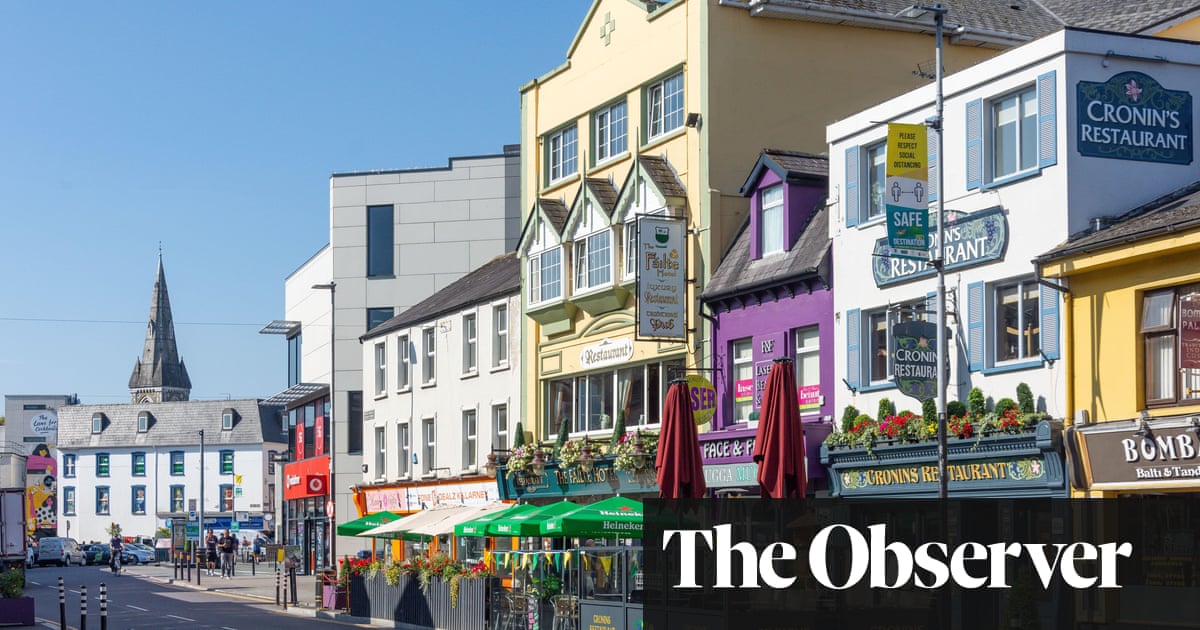
Killarney used to accept it as a price of being a tourist town: ubiquitous disposable coffee cups spilling from bins, littering roads and blighting the area’s national park.
The County Kerry town went through about 23,000 cups a week – more than a million a year – adding up to 18.5 tonnes of waste.
Not any more. Three months ago, Killarney became the first town in Ireland to phase out single-use coffee cups. If you want a takeaway coffee from a cafe or hotel, you must bring your own cup or pay a €2 deposit for a reusable cup that is returned when the cup is given back.
The results are evident in bins, which now seldom overflow, and on streets and forest trails where it is rare to see abandoned cups.
“It was a plague on the town and countryside,” said Michael Gleeson, chair of the group Killarney Looking Good, that promotes civic improvements. “This was a wonderful and necessary initiative. The amount of cups strewn around is considerably reduced.”
On a stretch of the N22 road to Cork, Gleeson used to pick up five or six cups, now he tends to find just one, if any.
Other Kerry towns, including Tralee and Dingle, are considering emulating the experiment, and the hope is that it will spread across Ireland and beyond, said Gleeson. “Our great challenge is to make our world more beautiful.”
Eliminating single-use cups sounds a relatively modest goal but only a handful of other towns, such as Freiburg in Germany, are known to have tried similar initiatives. The people behind Killarney’s campaign know why – it’s not easy.
“We were looking at options for community projects, and we thought, ‘Oh, coffee cups, that’ll be quick’,” said Louise Byrne, a sustainability manager for the Killarney Park Hotel and The Ross.
“Oh, were we wrong,” said Ciara Treacy, another hotel manager. “It takes a lot of work, and it doesn’t stop. People think we’re the coffee cup police. We’re not. We have jobs.”
Pilot projects in other places faltered because participating cafes discovered that customers migrated to cafes that continued offering disposable cups, said Treacy. “The minute you give consumers the choice, they’ll take the convenience.”
The campaign sought to enlist all of Killarney’s 21 independent cafes, a lengthy process of individual face-to-face meetings, research, negotiations, a town hall-style gathering, a video, and more discussions.
In addition to environmental benefits, the organisers said cafes could save money – each disposable cup costs 20 to 30 cents – and enhance Killarney’s brand.
Still, some cafe owners worried about forfeiting their stocks of single-use cups and alienating local customers as well as tourists. Eventually, nearly all signed up, and a credit union donated €5,000 for marketing, paving the way to the launch on 31 July. “If it can be done in Killarney, at the height of the tourist season, it can be done anywhere,” said Killian Treacy, of Luna Deli + Wine.
More than 50 local businesses are now on board, including a factory that told staff to bring only reusable cups to work.
“It’s a great idea,” said Paul McClure, 43, visiting from San Diego. He had no objection to paying a €2 deposit for a takeaway cup that could be returned to any cafe in Killarney or 400 locations across Ireland, including Dublin airport, that are part of a wider campaign.
Thorunn Einarsdottir, sipping a flat white, said the scheme could work in her native Iceland. “It’s really smart. It’s like learning to organise your trash – it’s habit.”
Replicating the scheme in cities would require government intervention because not every cafe would voluntarily sign up, said Killian Treacy. The Irish government’s planned 20-cent tax on disposable coffee cups, known as the latte levy, is a start, but not enough, he said.
Killarney cannot take success for granted – businesses need regular reassurance and updates, said Ciara Treacy. “There is a lot of hand-holding.”
At least one holdout remains. “We have a big stock of disposable cups to use up,” said Elaine Leahy of Noelle’s cafe, which has stayed out of the scheme. That has had a knock-on effect on a neighbouring cafe, Rí-Rá, which has resumed using single-use cups as well as reusables.
Byrne is confident the scheme will continue to expand with help from community leaders and schools. “We can’t save the world but each of us can make a little change.”





